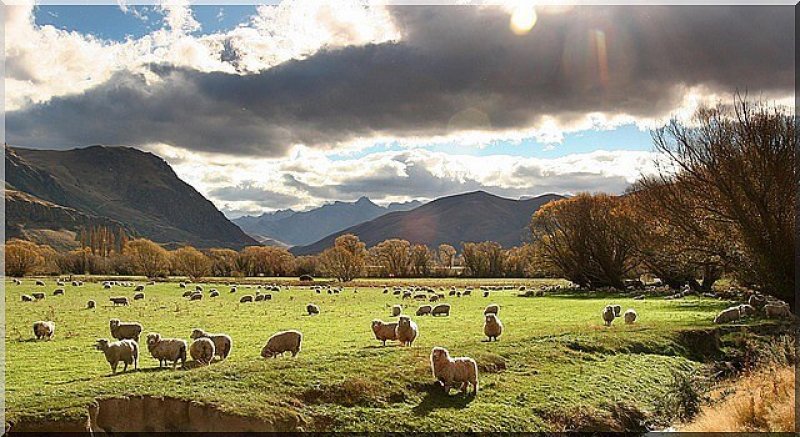Two prominent plant science academics have called for the establishment of an expert panel of scientists to review claims made about regenerative agriculture.
In a letter to Agriculture Minister Damien O’Connor, Dr Derrick Moot, a professor of plant science at Lincoln University, and retired senior lecturer Dr Warwick Scott said they were concerned about the “mythology” of regenerative agriculture “and its worrying increased profile in the New Zealand media and farming sectors”.
New Zealand sheep and beef farmers had world-leading agricultural practices and the underpinning scientific principles of the country’s current agricultural systems were in danger of being devalued by a system they believed had several serious shortcomings, they said.
They were particularly concerned the “erroneous publicity” about regenerative agriculture would divert the limited New Zealand agricultural science resources from more important, substantive issues.
“There are imported textbook definitions, but in short it has become an all-embracing term to encompass any individual’s practices who does not want to be seen to be using conventional agricultural techniques. Importantly, this definition, by default, implies that current conventional agriculture, as practised in New Zealand, is degenerative.
…
Drs Moot and Scott believed the regenerative agriculture system lacked credibility and contained many aspects that were scientifically untenable. “We believe it is our statutory duty as academics to provide some warning about the fallibility of these systems.”































